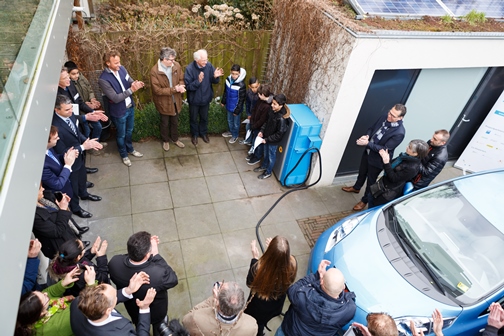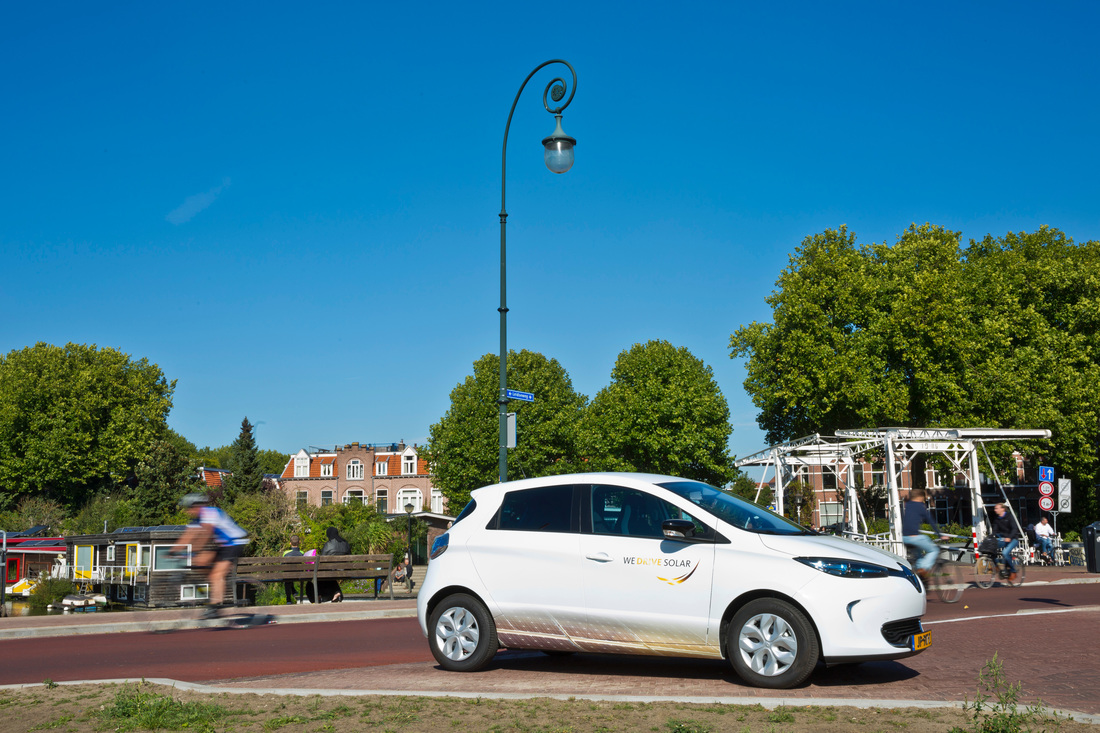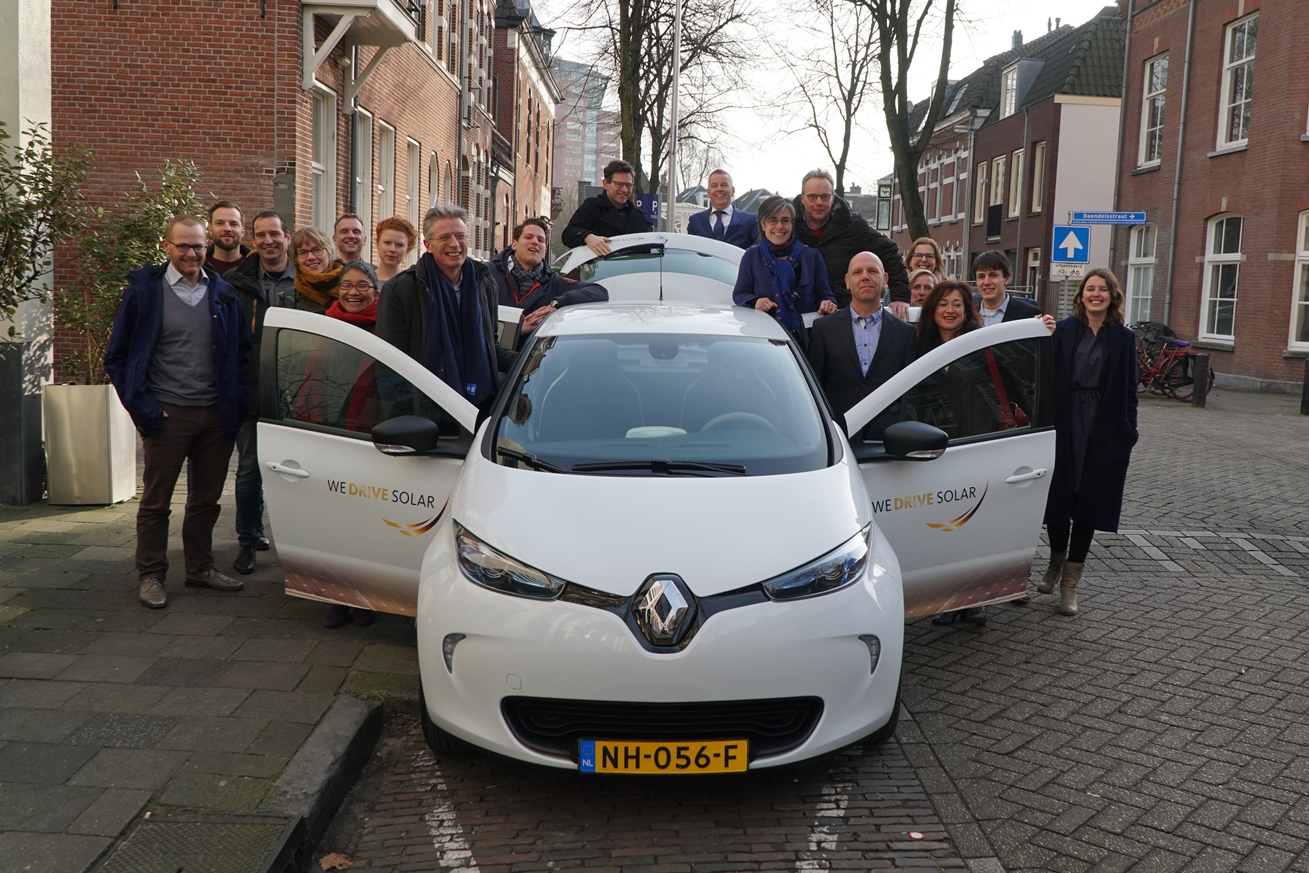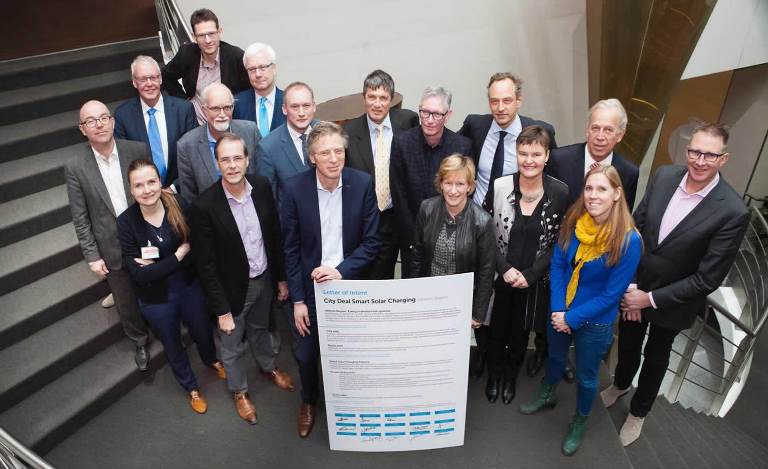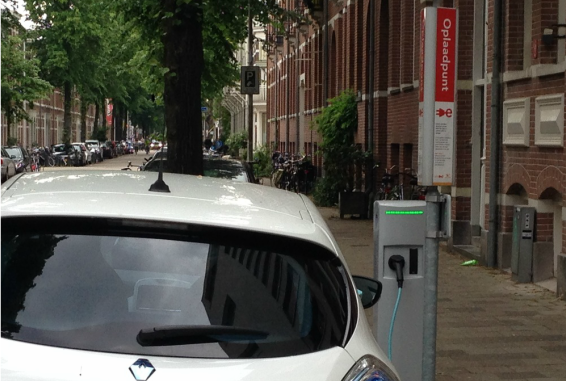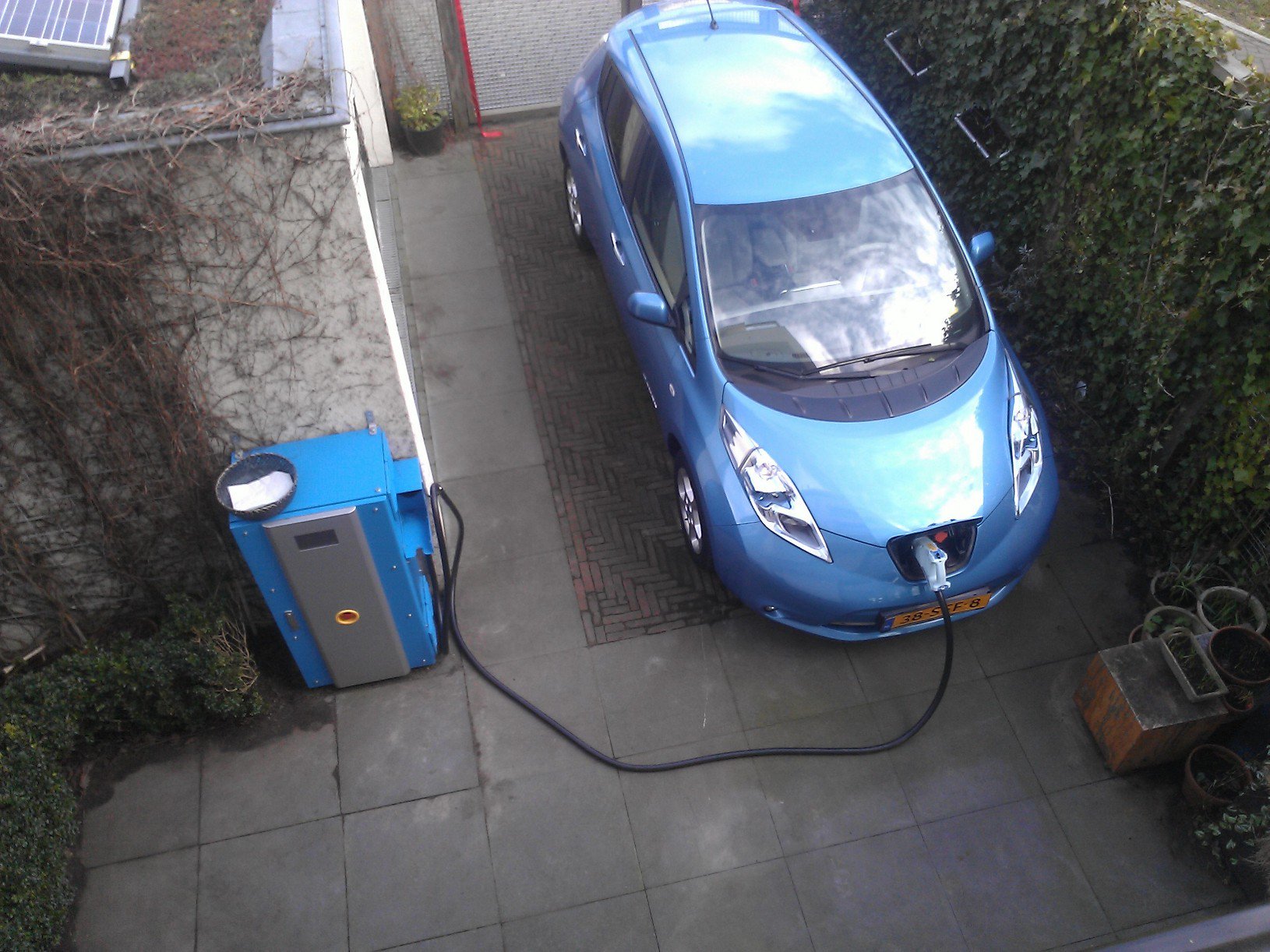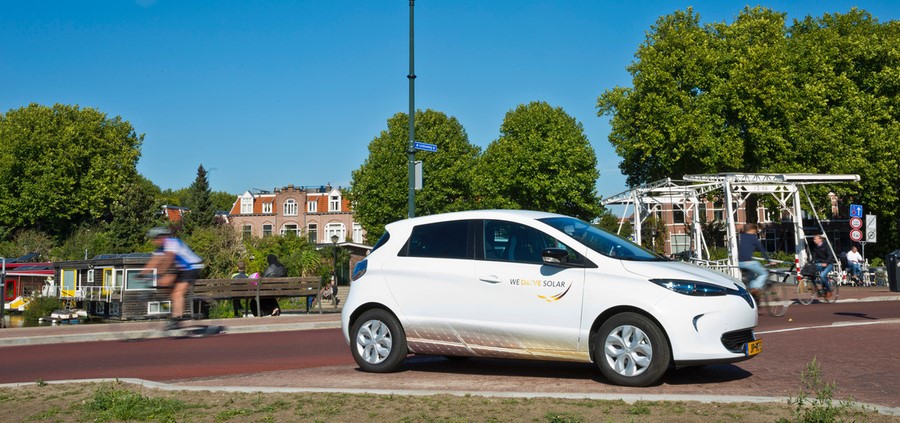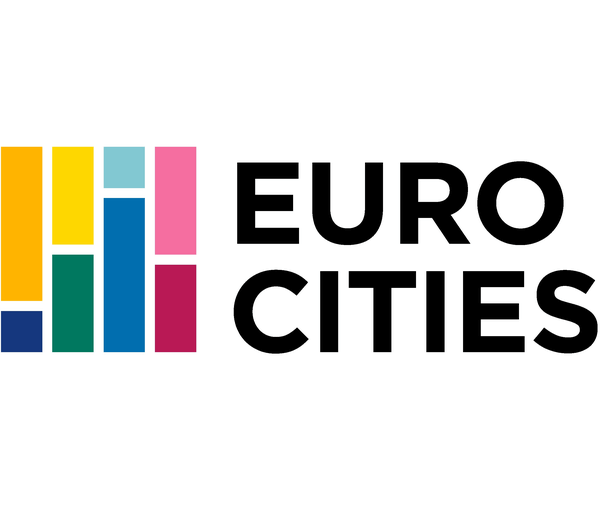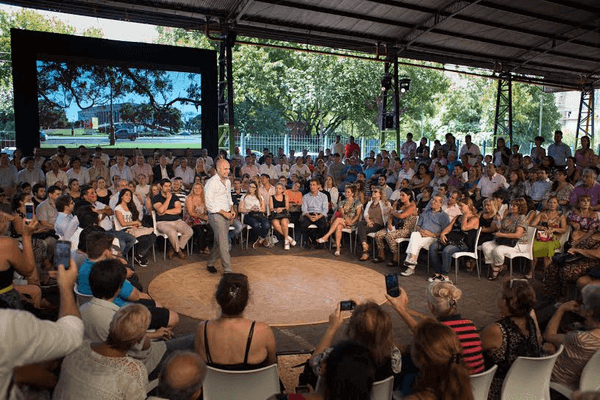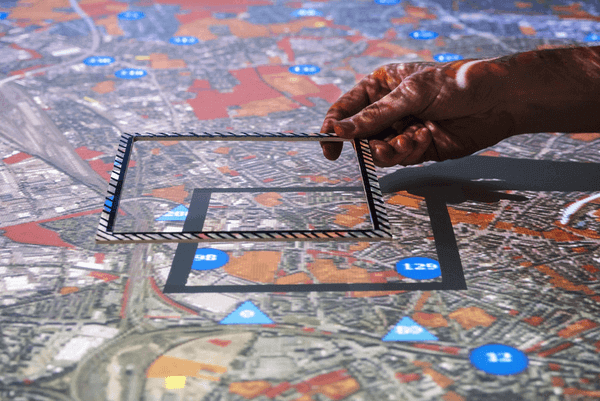City
Utrecht
Main actors
Local Government
Project area
Neighborhood or district
Duration
Ongoing since 2017
The city of Utrecht has capitalised on the high take-up by residents of electric cars and solar panels to develop the Smart Solar Charging project.
To help meet its ambitious climate control and clean energy goals, the city of Utrecht in the Netherlands has encouraged residents to convert to photovoltaic energy (PV) and electric vehicles (EV). To facilitate the transition, the Smart Solar Charging project was launched to resolve significant issues around energy yield, storage and cost, the prevention of fluctuations in PV power supply and grid stress and to address the problem of peaks in e-charging, that can lead to power shortages and cars going nowhere.
The Smart Solar Charging project uses Vehicle2Grid technology. This quick load and storage system allows solar energy produced by cars to be stored in them and released back to the grid at a later time, based on demand. This creates flexible storage capacity that reduces peak loads on the power grid. As a result, the project enables residents to self-generate and self-store energy for optimal use and clean driving.
Originally published by EUROCITIES, the network of 130 European cities - PDF: http://nws.eurocities.eu/MediaShell/media/2016AwardsCitiesinactionUtrecht.pdf
Eurocities Awards
This project was shortlisted for the 'Eurocities Awards' in 2016 in the following category: Innovation.
On Map
The Map will be displayed after accepting cookie policy
